Leukemia What is Leukemia?
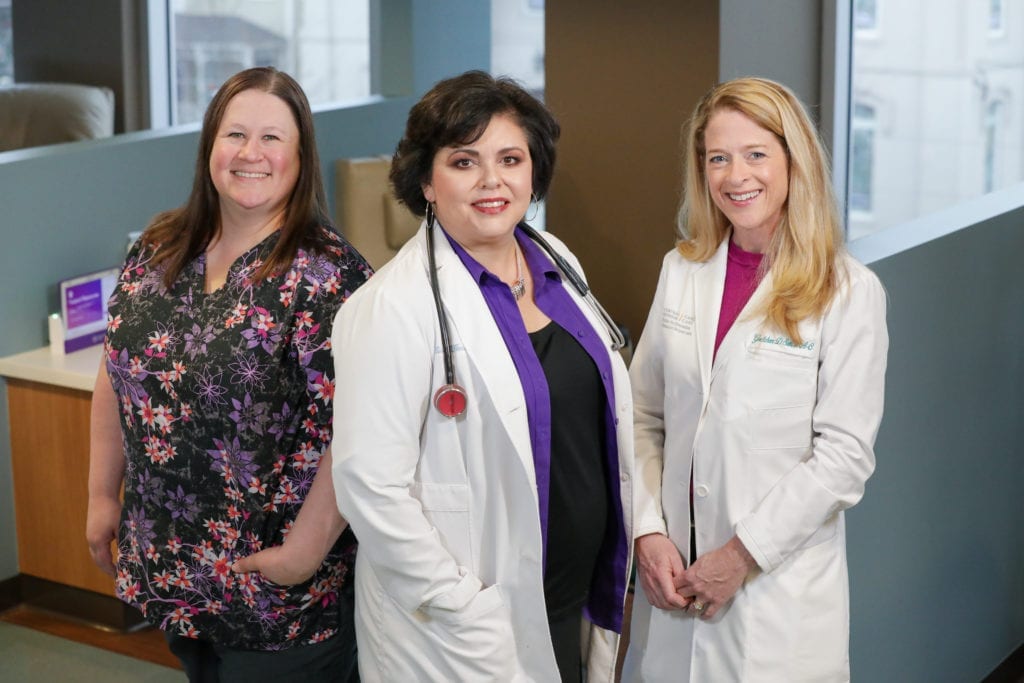
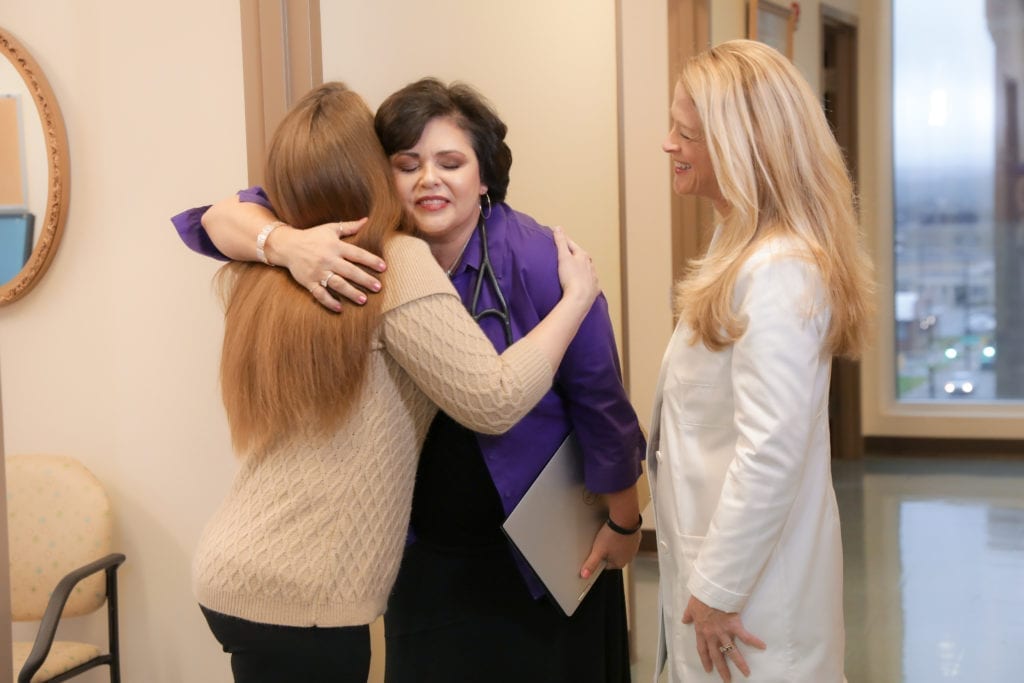
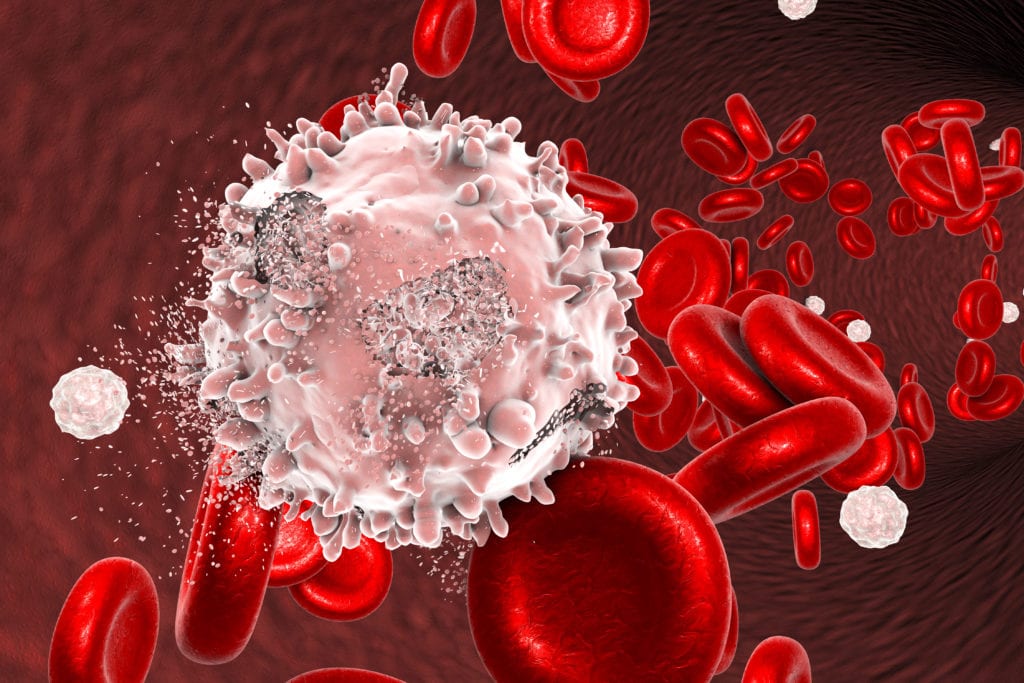
What is Leukemia?
Leukemia is a cancer of the blood, blood forming tissues (including bone marrow and the lymphatic system), or blood cells. Most of the time leukemia is a cancer of the white blood cells (your infection fighters) but some leukemias start in other types of blood cells. There are several types of leukemia, which are mainly divided on whether the leukemia is fast-growing (acute) or slower growing (chronic) and whether it starts in myeloid cells or in lymphoid cells. The type of leukemia determines its treatment options and health outcomes.
Acute leukemia tends to cause symptoms quickly. In acute leukemia, the white blood cells multiply very rapidly and are very immature. Therefore, they cannot function properly and cause the patient to develop symptoms that require medical attention.
.embed-container { position: relative; padding-bottom: 56.25%; height: 0; overflow: hidden; max-width: 100%; } .embed-container iframe, .embed-container object, .embed-container embed { position: absolute; top: 0; left: 0; width: 100%; height: 100%; }
.embed-container { position: relative; padding-bottom: 56.25%; height: 0; overflow: hidden; max-width: 100%; } .embed-container iframe, .embed-container object, .embed-container embed { position: absolute; top: 0; left: 0; width: 100%; height: 100%; }
Symptoms of Leukemia:
The signs and symptoms of Leukemia include:
- Fever or chills
- Persistent fatigue, weakness
- Frequent or severe infections
- Losing weight without trying
- Swollen lymph nodes, enlarged liver or spleen
- Easy bleeding or bruising
- Recurrent nosebleeds
- Tiny red spots in your skin (petechiae)
- Excessive sweating, especially at night
- Bone pain or tenderness
- Headaches
- Vomiting
- Confusion
- Seizures.
Symptoms can also be associated with changes to how the blood cells function. As the number of immature cells increases, patients may develop fevers or infections that won’t go away.
In chronic leukemia, symptoms may not appear for some time and may be mild when they first appear. Enlarged lymph nodes, liver or spleen may occur in chronic leukemia. Chronic leukemia is often found during routine examinations with your healthcare provider.
Types of Leukemia Types of Leukemia
Types of leukemia include:
Acute lymphocytic leukemia (ALL)
Acute lymphocytic leukemia (ALL), which occurs in both children and adults over 65, starts in the bone marrow where blood cells are made.
Acute myeloid (or myelogenous) leukemia (AML)
Acute myeloid (or myelogenous) leukemia (AML), the most common leukemia in adults.
Chronic lymphocytic leukemia (CLL)
Chronic lymphocytic leukemia (CLL), which mainly affects older adults and accounts for one-third of all leukemias, is a type of cancer that starts from the white blood cells (called lymphocytes) in the bone marrow.
Chronic myeloid (or myelogenous) leukemia (CML)
Chronic myeloid (or myelogenous) leukemia (CML)– only about 10% of all leukemias – starts in the blood-forming cells of the bone marrow and invades the blood.
Chronic myelomonocytic leukemia (CMML)
Chronic myelomonocytic leukemia (CMML), which mainly affects older adults, starts in blood-forming cells of the bone marrow and invades the blood.
Second opinion Understanding Your Condition with a Second Opinion
Getting a second opinion means asking another physician to review all your medical reports and test results, give an opinion about your diagnosis and how it should be treated. CGCC is often asked for second opinions about a patient’s cancer diagnosis.
Second Opinion?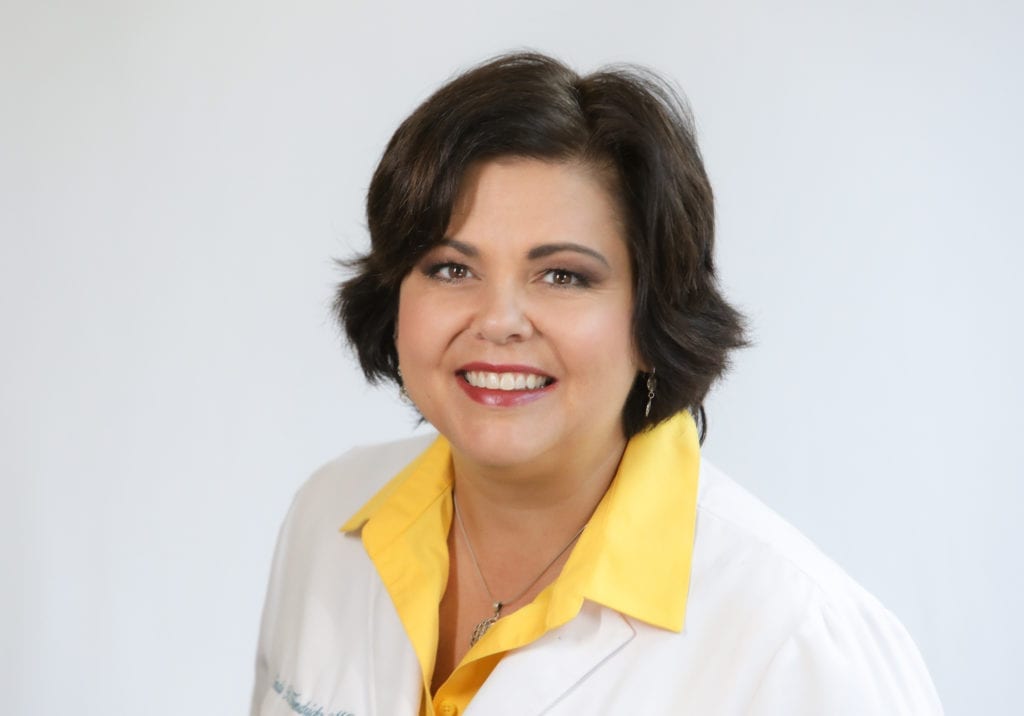
“Effective treatment for leukemia patients often takes a multidisciplinary team of Hematologists, Hematopathologists, Radiation Oncologists and Bone Marrow Transplant Specialists. Central Georgia Cancer Care works closely with other specialists, both in the community and in research hospitals, to provide whole-person care for each of our leukemia patients.”
Linda K. Hendricks, M.D.
Questions Questions For Your Doctor
As your partners for health, CGCC wants to help you make informed decisions about your health care. Please feel free to ask any question you may have, even those beyond the list that follows. It may also be helpful to bring someone along to your appointments to take notes
- What are my options for treatment?
- What clinical trials are available for me? Where are they located, and how do I find out more about them?
- What treatment plan do you recommend? Why?
- What is the goal of each treatment? Is it to eliminate the leukemia, manage the symptoms or side effects, or both?
- How likely is it that my AML will go into remission? What does that mean?
- Who will be part of my health care team, and what does each member do?
- Who will be leading my overall treatment?
- What are the possible side effects of this treatment, both in the short term and the long term?
- Could this treatment affect my sex life? If so, how and for how long?
- Could this treatment affect my ability to become pregnant or have children? If so, should I talk with a fertility specialist before treatment begins?
- How will the treatment affect my daily life? Will I be able to work, exercise, and perform my usual activities?
- If I’m worried about managing the costs of medical care, who can help me?
- Whom should I call with questions or problems?
- Is there anything else I should be asking?
- What type of treatment is recommended?
- What is the goal of this treatment?
- How long will it take to give this leukemia treatment?
- How long will treatment last overall?
- Will I need to stay in the hospital during treatment? Why and when?
- What side effects can I expect during treatment?
- What are the possible long-term effects of having this treatment?
- What can be done to relieve the side effects?
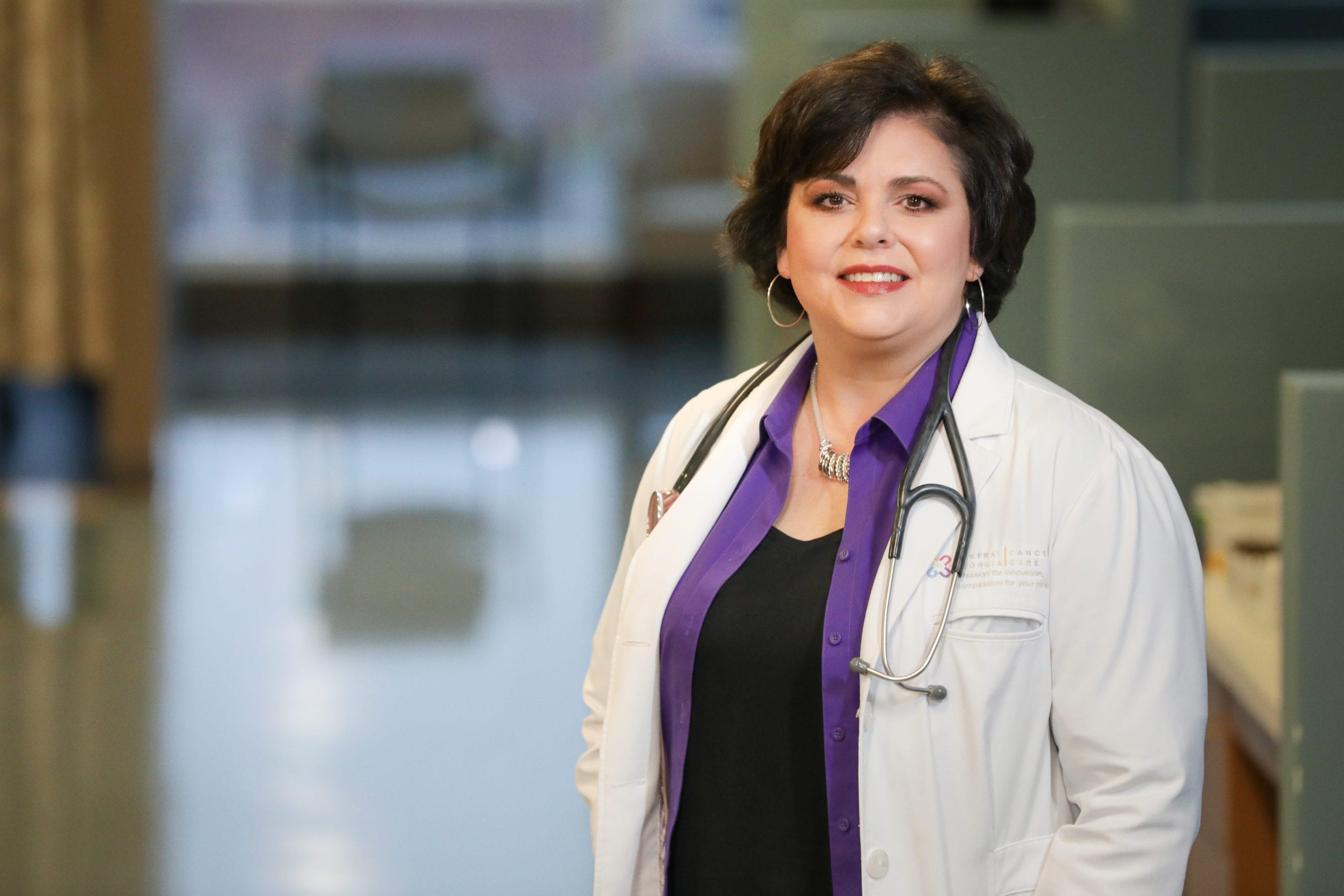
“Super smart and compassionate. Dr. Hendricks is awesome and super sweet!” – Corey

